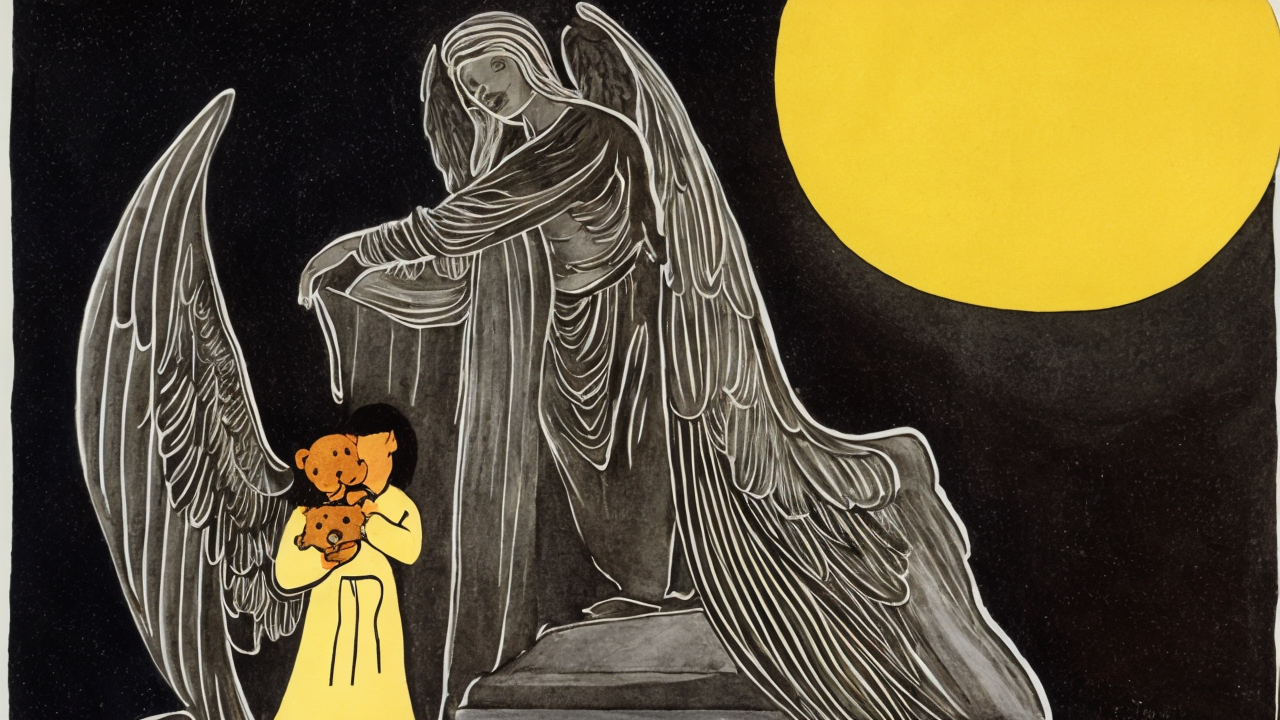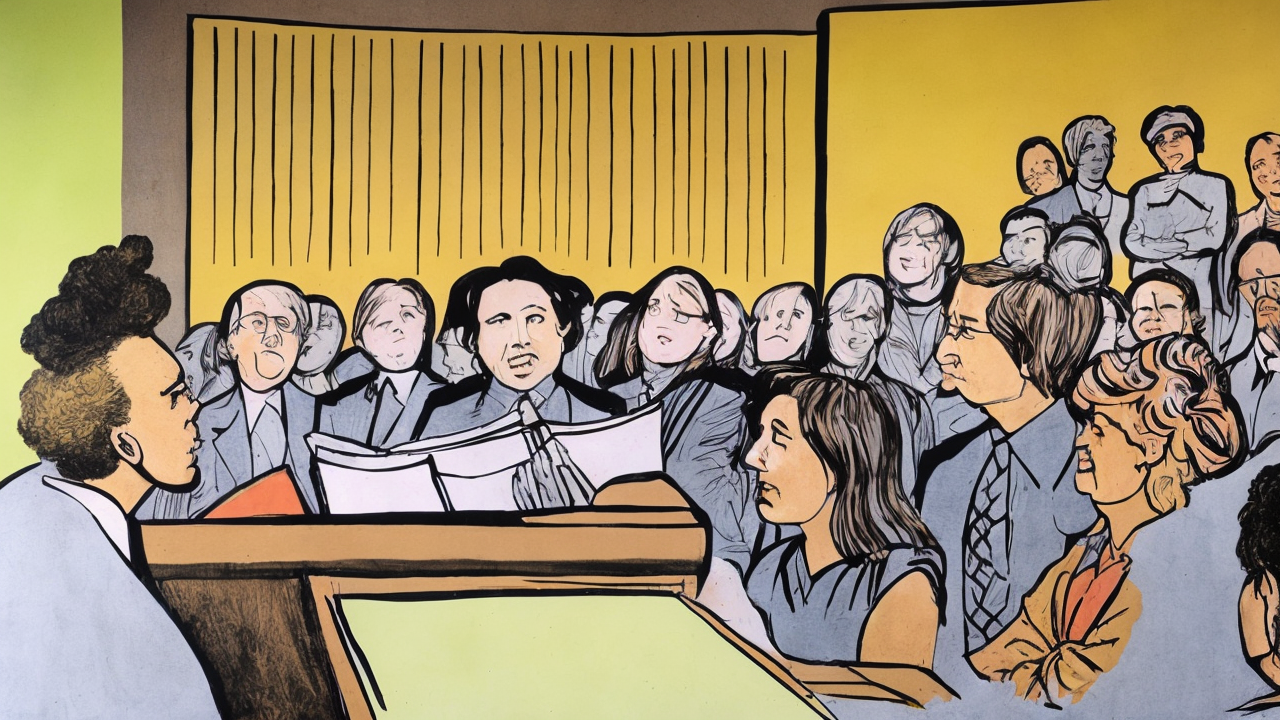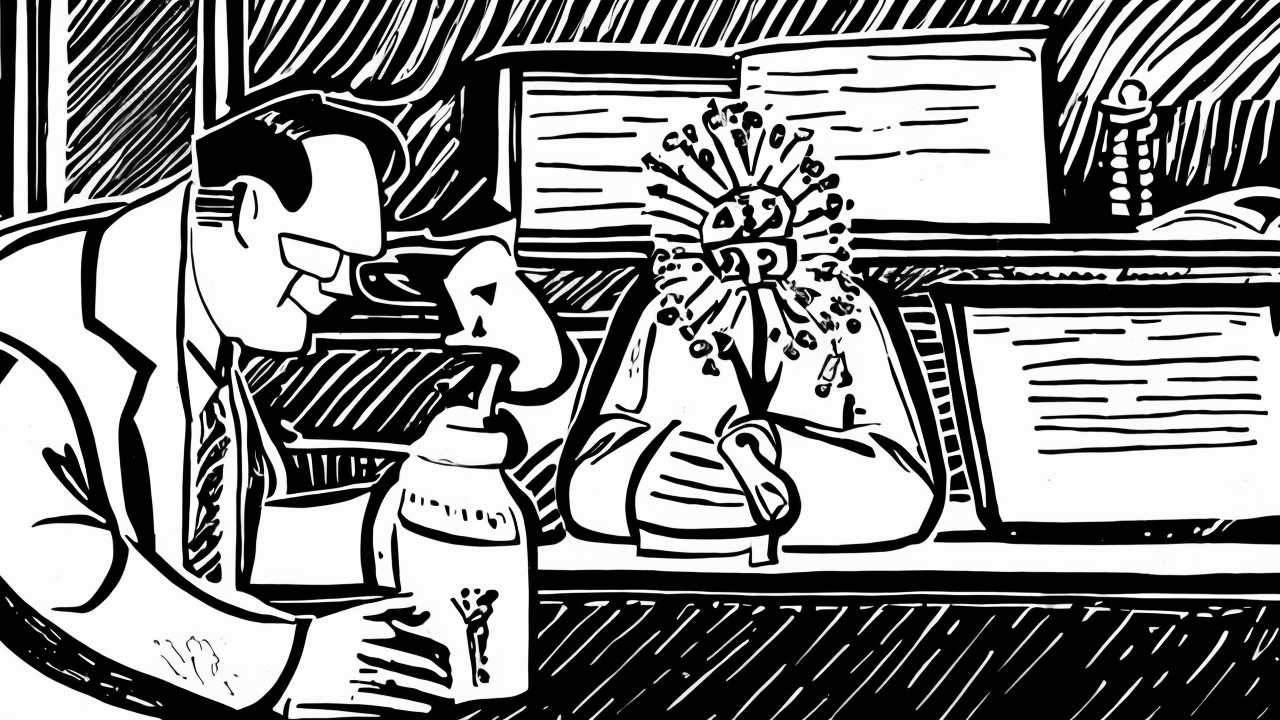Tennessee Memorial for the Unborn Highlights the Trauma of Abortion

In the quiet hills of Chattanooga, Tennessee, a new memorial stands—not in anger, but in remembrance. It is a solemn tribute to lives lost and wounds left behind. Located on the grounds of a former abortion clinic, the National Memorial for the Unborn is more than stone and sculpture. It is a place of reflection, healing, and hope.
At its heart is a simple truth: every life, from the moment of conception, is sacred.
Regina Paulsen, executive director of the National Memorial for the Unborn, shares her story not to condemn, but to clarify. Years ago, she underwent an abortion and spent years in silence, weighed down by sorrow and emotional pain. “I felt broken,” she recalls. “Like I had betrayed myself and something greater.” Her experience, though deeply personal, reflects a broader truth: many women who have had abortions carry lasting emotional and psychological burdens.
Research supports this reality. Over 60 percent of women who have had abortions say they would have continued their pregnancies if they had received more practical support, financial help, or compassionate guidance. These numbers reveal a need—not for judgment, but for care.
This is not a story about political ideology. It is a story about human dignity. When a woman faces an unplanned pregnancy, she does not need pressure to choose one path over another. She needs truth, kindness, and real support—access to prenatal care, housing assistance, parenting resources, and counseling that affirms her strength and worth.
The memorial does not demand judgment. It offers understanding.
The recent closure of Planned Parenthood clinics across the country, driven by changes in Medicaid funding, is not a political win. It is a moment of reflection. These clinics, once seen as pillars of reproductive health, have increasingly become centers for life-ending procedures. From a conservative Christian perspective, true healthcare is not measured by how many lives are ended, but by how many are preserved and nurtured.
When we prioritize the vulnerable—the unborn child, the struggling mother, the child in need—our society becomes more just, more humane, and more aligned with enduring moral values.
The memorial is not an attack on women. It is an invitation—to heal, to reclaim dignity, and to find purpose in the midst of pain. Many women who have experienced abortion find peace not through denial, but through acknowledgment and support. Healing begins with compassion, not condemnation.
This movement is not about winning arguments or passing laws. It is about restoring a culture where life is protected, where mothers are empowered, and where families are strengthened. It is about building communities that care for one another—not just the healthy and strong, but the young, the vulnerable, and the unseen.
The future of our nation depends not on slogans, but on the choices we make today. Will we continue to normalize the ending of life, or will we choose to protect it? The memorial in Chattanooga reminds us that every life matters—not because of what it can do, but because of who it is. Every life is valuable because it is created in the image of God.
As Regina Paulsen’s story prepares to be shared in a film, it will carry a message not of shame, but of redemption. Healing is possible. Purpose can be found. And when we choose life, we don’t just save a child—we restore hope to a mother, strength to a family, and dignity to a nation.
The memorial does not demand change through force. It calls for it through love, truth, and the quiet courage of those who believe that life, from its beginning, is worth protecting.
Published: 9/5/2025








